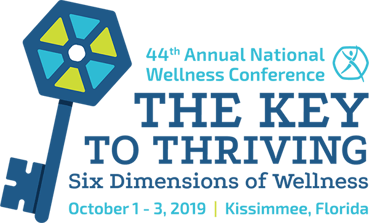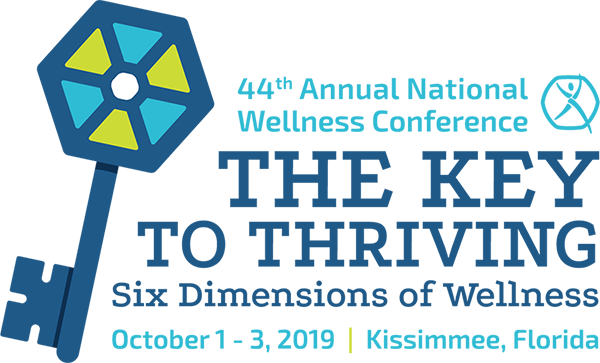Wellsource joined industry leaders in the health and wellness space at the National Wellness Conference (NWC), hosted by the National Wellness Institute (NWI), in Kissimmee, FL from October 1-3. It was an incredible opportunity for us to further our partnership with NWI and connect with like-minded people who share our vision for a healthier workplace and community. 
During the event, our very own Dr. Brittany U. Carter, Director of Health and Research here at Wellsource, presented an educational, hands-on workshop titled, Improving Outcomes with Health Risk Assessment Data. More than 50 professionals attended to learn why health risk assessments (HRAs) are important in creating effective population health programs. They also learned how to use self-reported data to better understand how to effectively engage populations into healthier activities with an interactive group session.
What is a Health Risk Assessment?
According to SHRM's 2019 Employee Benefits Survey, 43% of employers are offering HRAs as part of their workplace wellness programs. Often, it is provided through an individual’s health plan. Health risk assessment data is typically self-reported data that is collected from an individual about their health and lifestyle behaviors via a survey or questionnaire. The HRA may ask questions such as how many hours of sleep an individual gets each night and how many fruits and vegetables they eat each day. The data collected can also include information about their demographics, health status, personal health history, symptoms, lifestyle behaviors, feelings, attitudes and beliefs, biometrics, social determinants of health, and more.
How HRA Data Helps You Better Understand Your Population
HRAs Improve Population Health
In 2018, the Kaiser Family Foundation reported 62% of large companies provided workers with the opportunity to complete a health risk assessment. And these companies are finding HRAs indeed make a difference in employee population health. A systematic review conducted for the Community Preventive Services Task Force found strong evidence of the effectiveness of health risk assessments with feedback on reducing the risk of cardiovascular disease, cancer, and diabetes.
Health risk assessments help an organization develop a very targeted wellness program, specific to population needs. The data collected in HRAs gives health and wellness professionals a better understanding of their population’s demographics, including social determinants of health, habits, and readiness to change. It also allows health and wellness professionals to concentrate their efforts on the most prevalent health risks in their population, allowing them to intervene where appropriate.
HRAs in Action
As an example, after reviewing HRA data, Nebraska Medicine, with more than 8,000 employees, implemented an outcome-based incentive program to encourage participating in the worksite wellness program to improve their overall health score (they also eliminated the fee required to access the on-site fitness center). They saw a 400 percent increase in fitness center usage in the first year alone, and participation continues to grow. Employees are exhibiting healthier behaviors and improving their overall health.
If you are interested in learning more about how HRAs deliver actionable data so health and wellness professionals can achieve better outcomes, click to download the whitepaper below.








